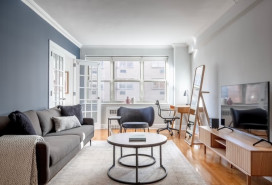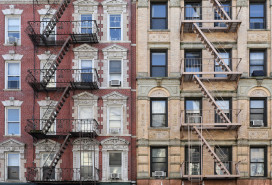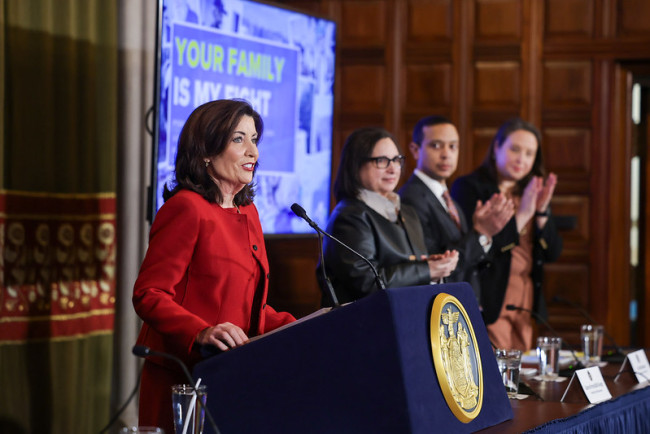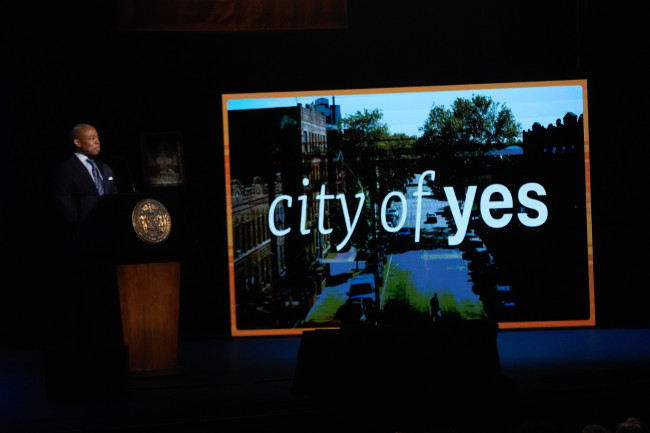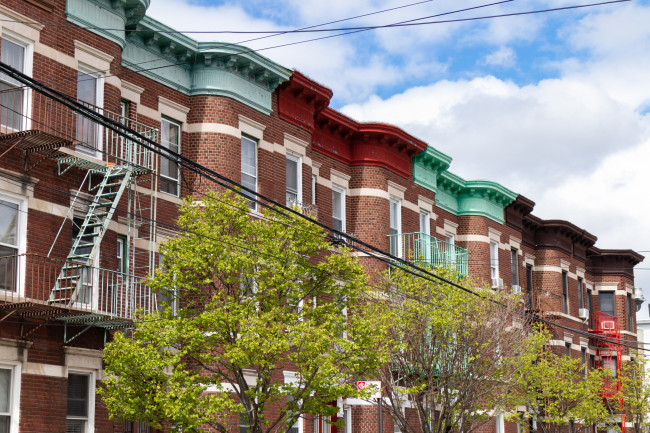How first-time buyers can apply for up to $100,000 in down payment assistance
- NYC residents can get a forgivable loan for the purchase of a condo, co-op, or small property
- The HomeFirst program will receive an extra $41 million in funding over the next five years
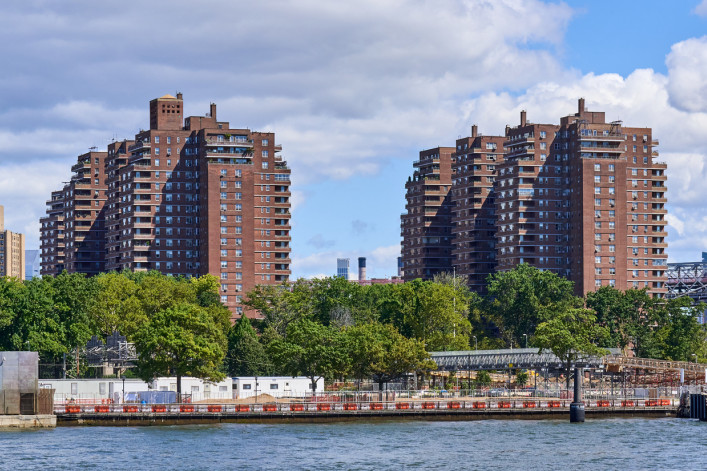
Before buying, first-time buyers need to complete an education course to qualify for HomeFirst.
iStock
More New Yorkers—though not many—will soon be able to snag up to $100,000 in a forgivable loan towards their first purchase of a condo, co-op, or one- to four-family house in New York City.
Mayor Eric Adams announced on Thursday that $41 million in funding would be added to the city’s down payment assistance program HomeFirst, which will provide roughly 1,000 first-time buyers with loans over the next five years. The move doubles HomeFirst’s funding to a total of $82 million.
"For the last decade, HomeFirst has been a powerful tool in providing New Yorkers with the resources to become homeowners,” Adams said in a statement on Thursday. “Today, we're doubling down on our commitment, reaching more families, and increasing services.”
The Department of Housing Preservation & Development, which oversees the program, expects New Yorkers to receive a $75,000 loan on average, according to a spokesperson.
HomeFirst has awarded loans to 1,149 New Yorkers in the past 10 years, according to HPD. Previously, the program was only available to New Yorkers earning up to 80 percent of the area median income—about $87,100 for an individual. Now, those earning up to 120 percent of the AMI—about $130,450 for an individual—can apply.
What else do I need to know before applying?
To be eligible for HomeFirst, you need to meet those income requirements, and you can’t have owned a home in the past three years.
You also need to contribute at least 1 percent of your money towards the purchase, according to a fact sheet from HPD. The agency recommends having enough money in savings to cover from two to six months of the principal, interest, taxes, insurance, and mortgage payments on your new property. (Plus, you’ll have to cover an $850 application processing fee as well.)
Before buying, New Yorkers must complete a homebuyer education course by an HPD-approved agency, which can then refer you to a lender to get pre-approved for your loan. (You can find a list of those agencies online.) After completing the course, you’ll receive a certificate that gives you up to a year to look for an apartment.
And once you purchase your apartment, you need to live in it. HomeFirst requires New Yorkers to treat their new apartment or house as their primary residence for the next decade, if the loan is $40,000 or less, or the next 15 years for loans greater than $40,000, according to HPD. Otherwise, you’ll have to pay at least part of the loan back.
More people, past performance
Growing the program should help more New Yorkers afford to buy in NYC’s pricey market, said HPD Commissioner Adolfo Carrión Jr.
"Expanding this program not only speaks to its success, but also addresses the growing demand for real, affordable homeownership options and the need to speed up the process for families ready to take the next step,” Carrión Jr.said in a statement on Thursday.
In the past, the program has flown relatively under the radar. Only 1,601 New Yorkers applied in the past 10 years, according to HPD.





